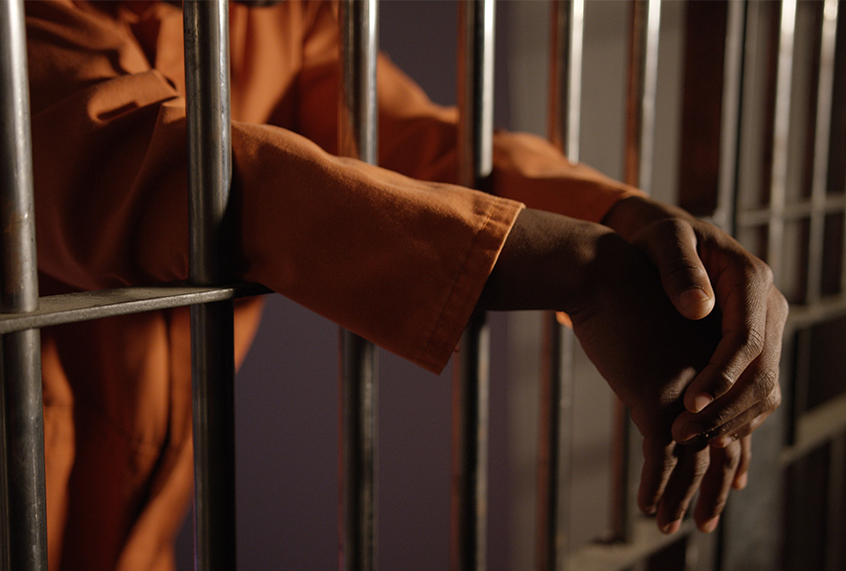Washington became the latest state to abolish the death penalty after the state’s Supreme Court unanimously struck it down Thursday, ruling that the punishment had been applied in an “arbitrary and racially biased manner.”
It joins 19 other states that have put an end to capital punishment.
The eight people on death row in the state had their sentences commuted to life. Capital punishment was already rare in Washington, with the last state-sanctioned execution taking place in 2010, according to the BBC.
Washington Governor Jay Inslee had imposed a moratorium on the death penalty in 2014, citing the punishment as inconsistent and unequal. The court’s ruling eliminates it entirely.
“Equal justice is a hallmark of democracy and assuring equal justice is the state’s responsibility. I’ve long been convinced that the death penalty in the state of Washington does not pass that test,” Inslee tweeted Thursday. “We know that zip code and race are likely determinants of whether an accused criminal is sentenced to death. There has been nothing equal, or fair, or just, about that.”
Equal justice is a hallmark of democracy and assuring equal justice is the state’s responsibility. I’ve long been convinced that the death penalty in the state of Washington does not pass that test.
— Governor Bob Ferguson (@GovBobFerguson) October 11, 2018
We know that zip code and race are likely determinants of whether an accused criminal is sentenced to death. There has been nothing equal, or fair, or just, about that.
— Governor Bob Ferguson (@GovBobFerguson) October 11, 2018
The decision came during an appeal by Allen Eugene Gregory, a black man and former death row inmate, who was convicted of raping and murdering a woman in 1996. “The appeal had included a study which showed black convicts were 4.5 times more likely to be sentenced to death in Washington state than white inmates,” the BBC reported.
“The death penalty is unequally applied — sometimes by where the crime took place, or the county of residence, or the available budgetary resources at any given point in time, or the race of the defendant,” Chief Justice Mary Fairhurst wrote in the lead opinion, according to the Associated Press.
“Now the information is plainly before us,” she added. “To the extent that race distinguishes the cases, it is clearly impermissible and unconstitutional.”
Washington follows states like Connecticut, Delaware, Illinois, Maryland, New Jersey, New Mexico and New York, which have eliminated the death penalty through either court order or legislative in the last 15 years, while Colorado, Oregon and Pennsylvania have implemented moratoriums.
READ MORE: The Department of Justice is suing California over its net neutrality law
Still, 23 people were executed last year.
Brandon Garrett, law professor at University of Virginia said that the death penalty is concentrated in counties, so even though there are still 30 states that have capital punishment on the books, there are just a few counties that order them.
In “End of Its Rope: How Killing the Death Penalty can Revive Criminal Justice” Garrett writes that it is the “counties with large black populations that engage in far more death sentencing.” He cites Riverside County, California, where from 2010-2015, people of color made up 80 percent of those sentenced to death.
Across the country, death sentences and executions have declined dramatically, but as states turn away from capital punishment, the population of prisoners serving life sentences has skyrocketed.
“We can sort of pat ourselves on the back and say we’re not savage,” Garrett told Salon. “Death penalties are extremely rare now, but our life without parole population is above 50,000 people. That’s more than 10 times the size of the biggest death row we’ve ever had in this country.”
He added, that if we included those with life sentences and virtual life sentences, (those who have sentences so long they will surely die in prison), that number is closer to 200,000. Garrett said lifers, or “life row,” as he calls it is a “big chunk of our entire prison system. More and more of our prisoners are serving these extraordinarily long sentences that will never end.”

